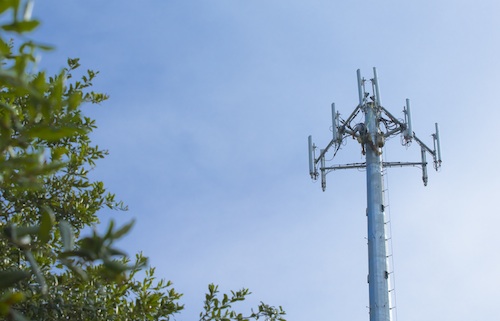Cell C is in advanced talks to sell its national network of base stations in a move aimed partly at reducing its crippling long-term debt.
According to a well-placed source, two companies, American Tower Corp (ATC) and Eaton Telecom, have been selected as the leading bidders to buy the mobile operator’s national tower infrastructure.
The idea is that Cell C will then lease back that infrastructure, the source says. The company’s network covers about one third of SA’s geographic area and 87% of the country’s population.
Details of the pending deal, which is expected to be worth several billion rand, are still sketchy, however.
It’s not yet clear, for example, whether Cell C will permit the winning bidder to install competitors’ equipment on the towers, or whether Cell C will negotiate a period of exclusivity for itself.
Cell C CEO Lars Reichelt says he can’t discuss the plans as the company has signed a number of nondisclosure agreements. He says he’ll be in a position to provide details in about “four or six weeks”.
However, it appears that the discussions with ATC and Eaton Telecom form part a broader plan to restructure Cell C’s debt that involves discussions with the company’s bankers.
ATC, which is listed on the New York Stock Exchange, operates about 20 000 wireless towers across the US. According to the company’s website, it offers “co-location” facilities, allowing wireless operators to get sites on air “quickly and easily”. It also operates infrastructure in Mexico, Brazil and India.
The other bidder, Eaton Telecom, is an “independent tower company that provides passive and active network infrastructure and related services to mobile operators in developing markets”.
According to Eaton’s website, the company was founded by executives from Orange, Vodafone and Celtel.
News of Cell C’s discussions with ATC and Eaton Telecom comes hard on the heels of it signing a US$378m deal with China’s ZTE for the supply of 3G radio equipment.
Cell C plans to build a national 3G network using a technology called evolved high-speed packet access, or HSPA+, and may also have plans to extend its 2G network. — Duncan McLeod, TechCentral
See also:
- Subscribe to our free daily newsletter
- Follow us on Twitter or on Facebook





